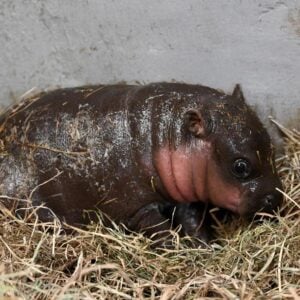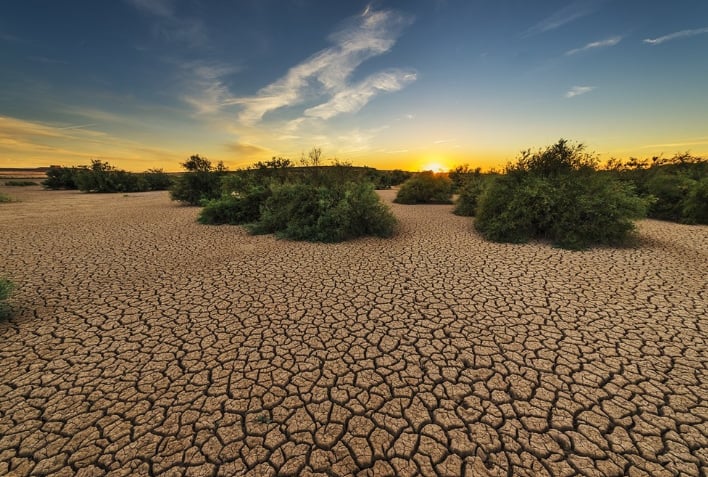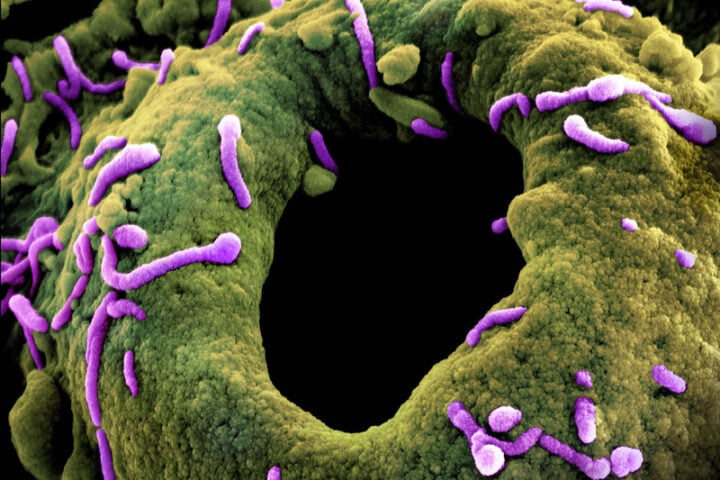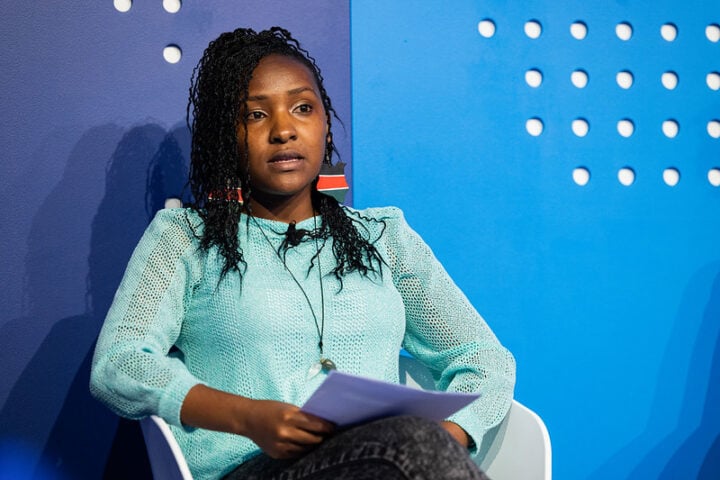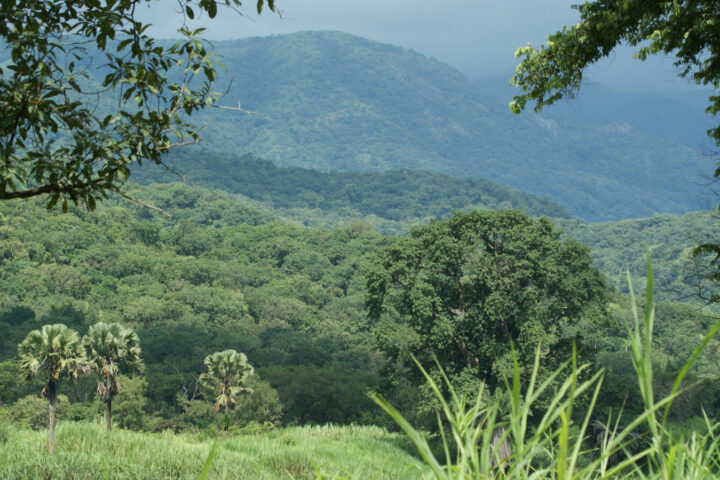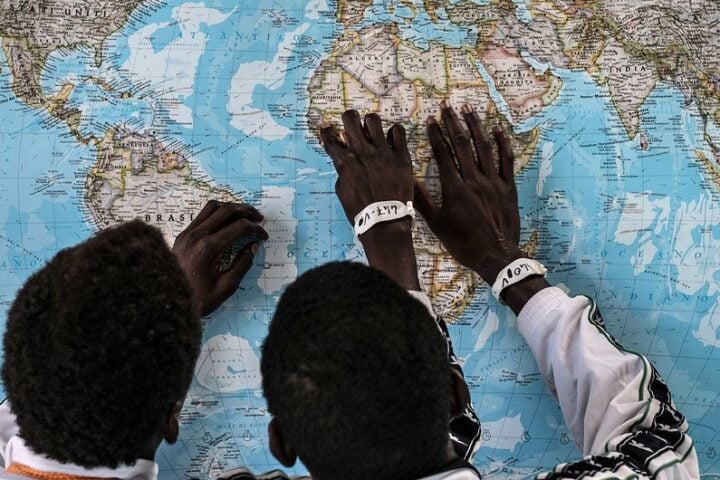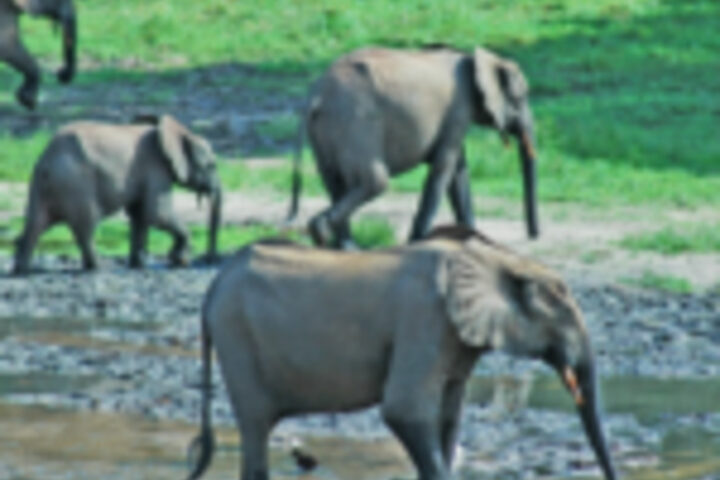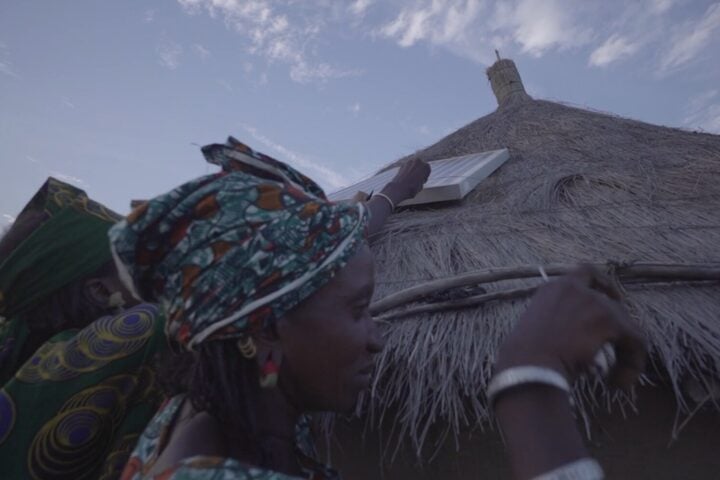In a recent incident that has stirred up controversy and raised questions about wildlife conservation, a hippopotamus and its calf were killed by local fishermen and farmers in Yauri, Kebbi State, northwestern Nigeria. The event, which took place over several weeks, has brought to light the complex challenges of human-wildlife coexistence in the region.
The Incident
The hunt for the hippopotamus began after it reportedly killed a guard at the Orchard Farm owned by the Emir of Yauri, Muhammad Zayyanu-Abdullahi, on September 22. The animal had also injured another fisherman and was causing significant damage to local farmlands.
The Chairman of Yauri LG, Alhaji Abubakar Shu’aibu stated, “If you could recall, the hippo killed Yauri Emir’s guard and another farmer in September. We can’t keep an animal that is killing people anyhow. All the people it killed were not after the animal; they were doing their own fishing business.”
Following these incidents, the local authorities, including the Kebbi state government, ordered the hippo to be killed for community safety. Armed with locally made spears known as “zagos,” bows, and arrows, a group of fishermen tracked down and killed both the adult hippo and its calf.
Community Response
The killing of the hippopotamus was met with jubilation by many in the local community. Isa Jamilu, another resident, expressed relief that he could now return to his farm, which he had abandoned weeks ago due to fear of the animal.
The carcasses of both hippos were transported by canoe to the palace of one of the Emir of Yauri’s high-ranking administrators. There, they were butchered, and the meat was distributed among the local community.
Abubakar Shu’aibu, the Chairman of Yauri Local Government Area, confirmed the incident to the News Agency of Nigeria, stating, “We can’t keep an animal that is killing people anyhow, and all the people it killed were not after the animal. They were doing their own fishing business.”
Conservation Concerns
The killing of the hippopotamus and its calf has raised significant concerns among conservationists. The common hippopotamus is listed as a vulnerable species on the International Union for Conservation of Nature (IUCN) Red List of Threatened Species.
The Chairman of Yauri Local Government Area, Alhaji Abubakar Shu’aibu gave the statement, “We can’t keep an animal that is killing people any how, and all the people it killed were not after the animal, they were doing their own fishing business.”
Ecological Impact
The removal of a keystone species like the hippopotamus can have far-reaching effects on the local ecosystem. Hippos play a crucial role in their habitats by influencing water quality and providing nutrients through their waste. The absence of such a species could lead to unforeseen ecological consequences.
Similar Posts
Historical Context and Rising Conflicts
Human-wildlife conflicts in Nigeria have a long history, often exacerbated by habitat loss and human encroachment. The incident in Yauri is not isolated, as similar conflicts have been reported in other parts of the country.
Hippos, despite being herbivores, can be highly aggressive when they feel threatened or their habitats are disturbed. They are responsible for approximately 500 human deaths annually in Africa, making them one of the most dangerous large land animals on the continent.
Economic Impact on Local Communities
The economic impact of such wildlife conflicts on local farmers and fishermen can be substantial. Crop damage and loss of livestock due to wildlife can lead to significant financial losses for communities that often struggle with poverty and limited resources.
Alternative Solutions and Community Education
Conservationists argue that alternative solutions, such as relocation of problematic animals, should be explored. Successful case studies from other African countries, like Kenya, have shown that community-based conservation programs can effectively reduce conflicts and promote coexistence between humans and wildlife.
Akanimo Okon Effiong, Nigerian comedian, emphasized the need for education, stating, “Other countries, they protect this thing. They find a way, make sure they get them to zoo.”
The Way Forward
The incident in Yauri highlights the urgent need for a balanced approach to wildlife management that considers both human safety and conservation efforts. Experts suggest that implementing comprehensive strategies that include community education, improved wildlife management techniques, and sustainable economic alternatives for local communities could help mitigate such conflicts in the future.
As Nigeria continues to grapple with these challenges, the case of the Yauri hippo serves as a stark reminder of the delicate balance between human development and wildlife conservation. It underscores the importance of finding sustainable solutions that protect both human livelihoods and endangered species in an increasingly crowded world.
